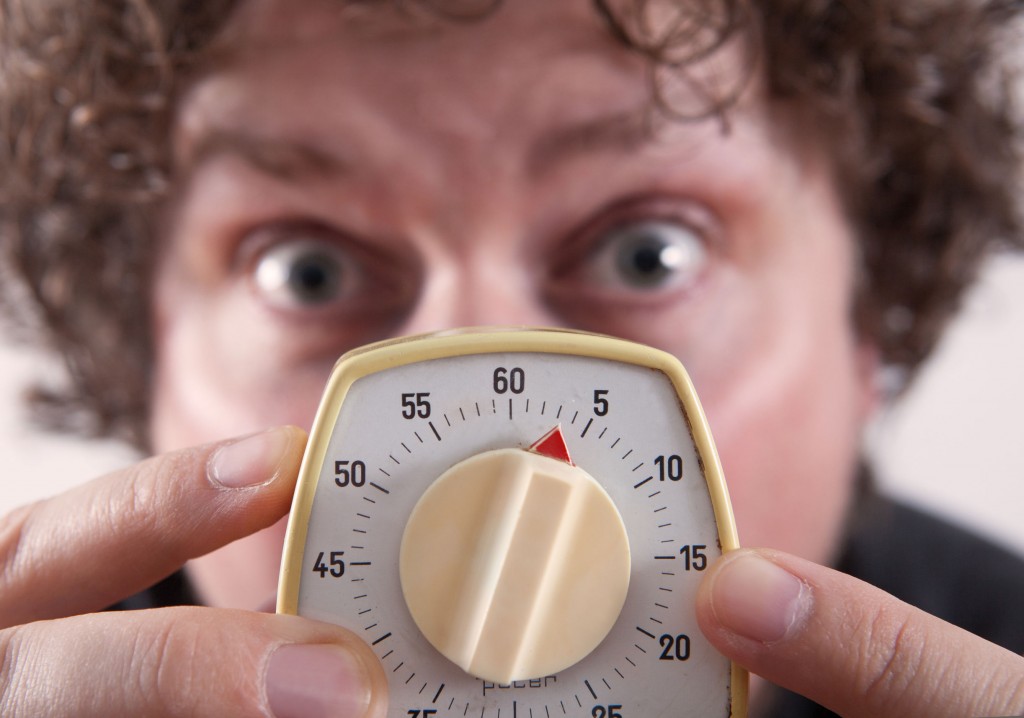If you were able to take a short quiz that could potentially tell you when you were going to kick the bucket, would you do it?
If you’re someone who is bold enough to ask one of the most morbid questions imaginable, you may just have found the answer you were looking for. Swedish scientists have put together a short quiz that just might be able to tell if you really need to be making any future plans…unless of course those include funeral planning. Sound weird? Well, that’s probably because it is.
The quiz called The UbbLE, also known as the U.K. Longevity Explorer Calculator used measurements, blood samples, and questionnaire answers to nearly 500,ooo middle-aged people between 2006 and 2010. The name Ubble is a play on words bringing to mind the “Hubble Space Telescope” which looks through huge unknown spaces. (Ahh, such is life.) So what was the goal of this entirely too-creepy-for-comfort project? The researchers, Andrea Ganna and Erik Inelsson, hoped to see what factors were the main causes of deaths within a five-year period of time. There were about 655 health, lifestyle, and demographic variables to be considered throughout the study.
The risk calculator was created to potentially bring awareness for people’s basic health and hopefully inspire them to make some bolder lifestyle changes to improve their health. Doctors could use this information on their patients to perform interventions on high-risk patients.
Examples of the Questions:
- How many cars or vans are owned, or available for use, by you or members of your household?
- How are the other people who live with you related to you?
- Including yourself, how many people are living together in your household?
- In the past how often have you smoked tobacco?
- In general how would you rate your overall health?
- Do you have any long-standing illness, disability or infirmity?
- How would you describe your usual walking pace?
- Have you ever seen a general practitioner (GP) for nerves, anxiety, tension or depression?
- Has a doctor ever told you that you have had cancer?
How Accurate is This “Death Detector?”
The Swedish researchers found that a their brief set of questions (11 for women and 13 for men) was a better way to predict whether a person would be meeting their maker in the short-term than a physician-conducted physical exam.
According to CNBC, 40 to 52 year old men who reported a ‘slow’ walking pace are 3.7 times more likely to die than those who described their gait as a ‘steady average pace.’
The only downside to the quiz is that is is only intended to provide accurate estimates to men and women who are between 40-70 years living in the United Kingdom. The risk calculator’s website says in all-cap letters, “THIS WEBSITE DOES NOT PROVIDE MEDICAL OR PROFESSIONAL SERVICES ADVICE.”
How is Likelihood of Death Measured?
After participants fill out the easy quiz, they are assignmed an Ubble age. That age is an estimation of your average age-group you fit in by chances of dying. For example, if a 40 year old female is really in good health, she may be assigned into the age group of 31 year old in which less than 1% of them are likely to die within that 5 year span. Obviously, the lower the age you receive compared to your real age, the less likely you are to die within the next couple years (and vice versa.)
No matter how spooky of a concept it is to estimate if you’ll be pushing daisies or still planting them in the next couple of years, it’s still a really great concept for helping patients open their eyes to the severity of certain lifestyle factors.

